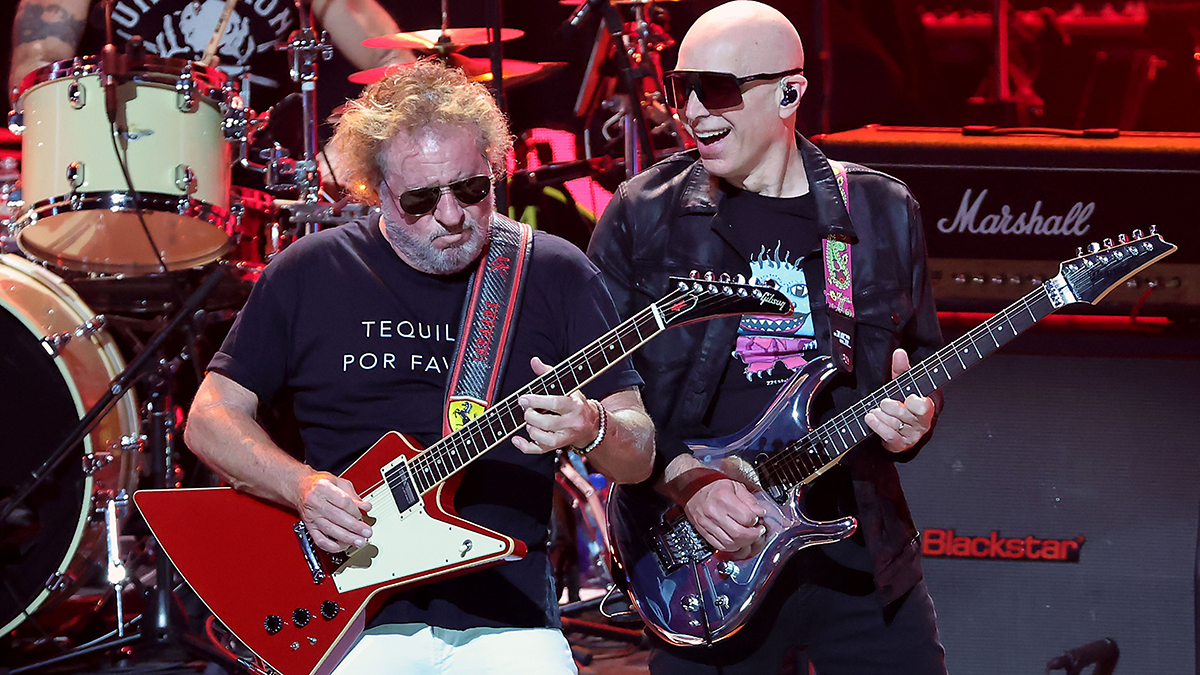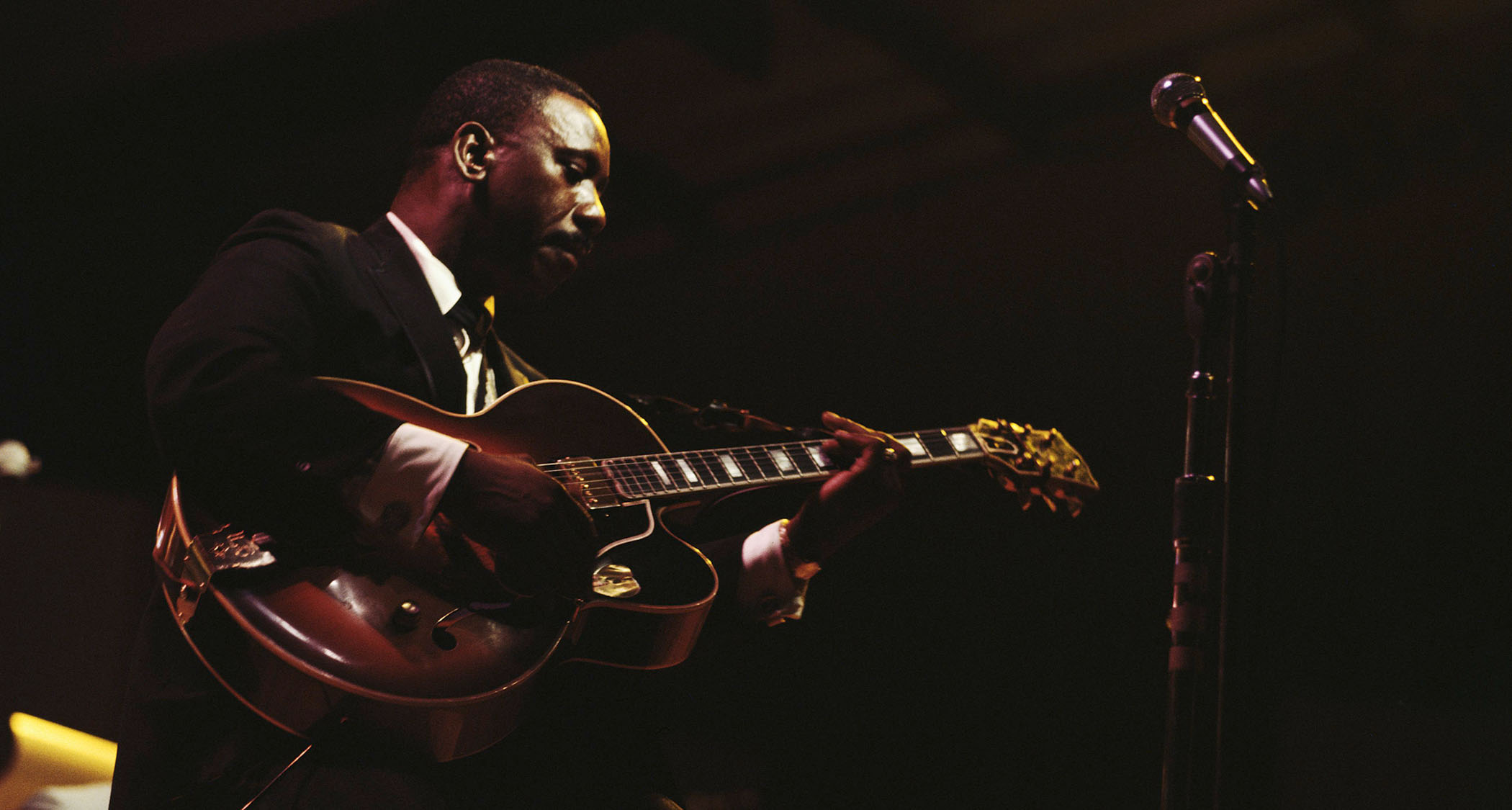
If you were to take a cursory glance around the internet in search of Julian Lage’s rig, you’d probably come to three conclusions: he uses quite a variety of acoustic guitars and electric guitars, he favors a small handful of tube amps, and – surprisingly – he hardly uses any effects pedals at all.
Why does he opt against using a fully stocked pedalboard, you ask? Well, it’s probably got something to do with the music he plays – after all, the pure, clean tone that Lage employs for his jazz escapades is up there with the smoothest sounds of all.
However, Cory Wong posed the question to Lage himself in a recent installment of his Wong Notes podcast, with the funk maestro quizzing the jazz virtuoso as to why he’s “not in the pedal game”.
As it turns out, the topic goes far beyond surface level questions of tone, and directly relates to how Lage approaches playing the instrument. Specifically, he says effects pedals interfere with his musical “choreography”, and interrupt the tiny, “millisecond” connections between him and the guitar.
“Of course, being a guitar lover and admirer for my whole life, I’ve always had a curiosity about pedals [and] how people use them,” said Lage. “I take note of people like yourself and other friends of ours who do it so intentionally.
“There have been occasions where I’ve gone, ‘Okay, this is it, I’m getting a loop pedal,’ or, ‘I’m going to get an overdrive,’” he continued. “And pretty much every time without fail there's an immediate disconnect for me where I get baffled. I don’t understand why it’s doing its function.
“For me, it almost feels like it takes away the connection between the touch on the guitar and the sound, and my logical brain goes, ‘Yeah, Julian, that’s the point, it changes it.’”
Get The Pick Newsletter
All the latest guitar news, interviews, lessons, reviews, deals and more, direct to your inbox!
It’s a disconnect that Lage has tried to overcome, but one that ultimately gets in the way of his celebrated style of playing – a style that is characterized by an otherworldly grasp of dynamics and phrasing.
Of how pedals affect his approach, Lage continued, “I’m so disoriented that I go, ‘I’m going to go back to the other thing.’ And the other thing is just somewhat of an obsession with what I think of as choreography on the guitar.
“I think of all guitar playing as choreography,” he explained. “Like, if you move a certain way, you get a certain sound. If you want a different tone, you have to move differently.
“And the movement isn't relegated to the fingertips. It’s the whole system. It has a lot to do not only with the movement towards notes, but also how you get off of things.”
Elaborating on how these considerations impact his playing, Lage added, “If I want something to sound like it has a little more space around it, I need to move slower when I come off of the note. We’re talking milliseconds, it’s really not a lot.
“But in whatever research I’ve done it seems like those considerations affect it greatly, and maybe because there's such an obsession there the thought of having anything else in the chain… I can’t compute.”
That’s not to say Lage doesn’t use any pedals, though. Speaking to MusicRadar last year, the jazz man revealed a few of his go-to units, including the Strymon Flint reverb pedal and the Shin-ei B1G.
Julian Lage is set to release his upcoming album, View With a Room, later this year.

Matt is the GuitarWorld.com News Editor. He has a Masters in the guitar, a degree in history, and has spent the last 16 years playing everything from blues and jazz to indie and pop. When he’s not combining his passion for writing and music during his day job, Matt records for a number of UK-based bands and songwriters as a session musician.
“Our answer to everything players have asked for and more”: Neural DSP’s Nano Cortex had one major drawback – but now it’s been addressed with a huge free firmware update that takes on Kemper and TONEX
"The ability to use this as a midweight MIDI brain for a gigging setup is what makes it unique.": Walrus Audio Canvas Clock review










